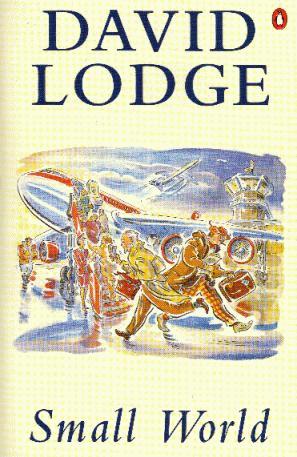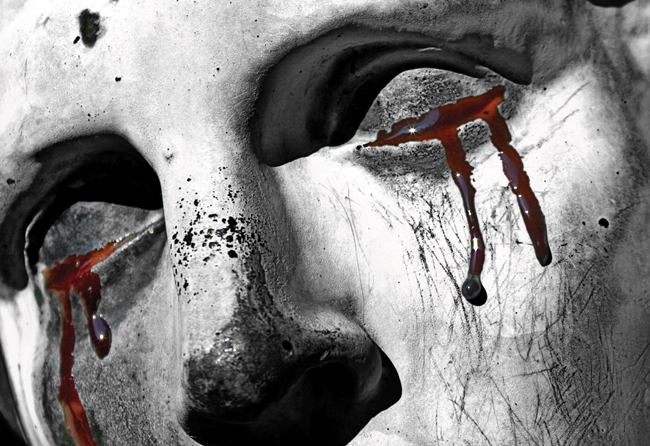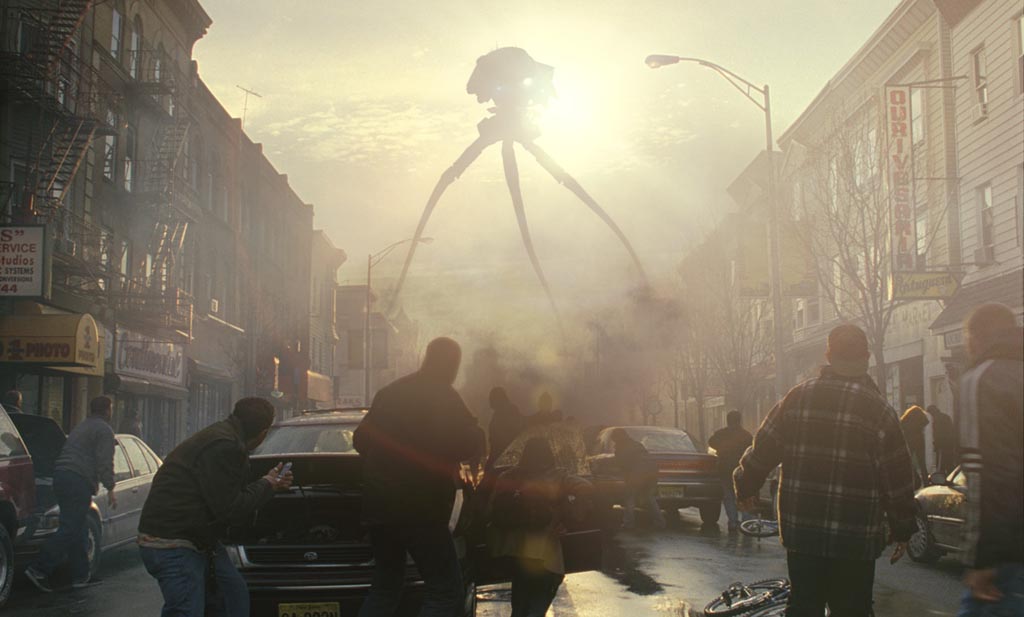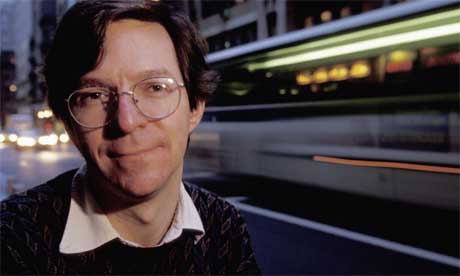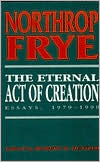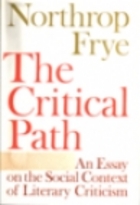
Thank you so much for your comment, Clayton, in response to my previous post. You ask some big questions: “What does a life look like that has listened to what literature has to say? How does having an educated imagination affect one’s commitments? Or does concern replace commitment?” Any answer I offer here will simply be a stab in the dark, but here goes.
Frye, as you well know, does not assume that an active reader of literature automatically becomes a “good person.” I am reading the Third Book Notebooks right now, and I am struck with the emphasis he puts on education or the “educational contract” over the social contract as informing society and therefore social and political action: in other words, for him, the university is the ideal or Utopian form of society. In one of his previous posts Michael Happy cites Frye’s statement that universities are, or should be the engine room of society. Criticism and literature are, for Frye, a central, indeed perhaps the central part of that engine room, which is the world of the arts and sciences. This world, along with–in a much more complicated way–religion, seem to be the only thing that proves we are something more than “psychotic apes” on a berserk rampage bent on destroying both human society and the earth. I love Michael’s image of the crowbarring and “hacking away that has been done by self-declared iconoclasts and comfortably tenured revolutionists” that in the end have only weakened public support for liberal education, and thus undermined any strong intellectual defence against the very clear and present danger: the increasing privatization of the universities and the very sinister encroachments of corporate capitalism.
In terms of concern and commitment, as you also well know, Frye places ideology (political or religious belief) and kerygma (spiritual proclamation) on the opposite sides, as it were, of literature, and the lines here tend to blur in certain forms of literature. Obviously, there are more rhetorical forms which aim at persuasion. On the kerygmatic side, in my own field of study, I think of Thoreau, whose Civil Disobedience and Walden are obviously much more prophetic and geared towards informing our actions than something like Poe’s poetry and tales which, if you could ever treat them as prescriptions, would lead you straight to suicide, murder, or a mental institution. A serial killer might read Poe that way, and indeed Poe pops up famously in thrillers and crime fiction precisely in that guise: as a guru for psychopaths. There is a killer in one of Michael Connolly’s novels, for example, who reads Poe “kerygmatically,” if one can use the term in such a context. Fictional though it may be, this is an extreme example of the countless possible illustrations of Milton’s famous statement: “a wise man will make better use of an idle pamphlet than a fool will do of sacred Scripture.”
It is often difficult to find something like a later concept in Frye–one is so often proved wrong–but it is my impression at least that he puts a greater emphasis in his later writings on the prophetic dimension of literature, especially post-romantic literature. Here the prophetic is not conceived of so much as informing a program of action as confronting history with vision. Writers like Dostoyevsky or Kafka seem to leap over their times in their capacity to give us an unsettling vision of the most nihilistic and catastrophic potential in their respective Zeitgeists, as though they had a sixth sense of the cultural fissures that were going to lead straight to the horrors of the Holocaust, concentration camps, and the Gulag.
On the ideological side, as Frye points out, literature is always more or less compromised. In the pre-eighteenth century dispensation the imagination is almost completely constrained by what the calls in The Critical Path a central “myth of concern.” In The Third Book Notebooks, he observes that “ literature, being part (the central part) of the myth of concern, is profoundly impure” (CW 9: 67). According to him, in the post-romantic age this myth of concern breaks down, but slowly, and is still with us to some extent. At the same time, with the ascendancy of science and a liberal myth of freedom the writer is increasingly freed from any central ideological constraint. (This was Melville‘s point in a letter when he said that even Shakespeare for all his truth-telling was constrained by the feudal order of his time, and that “the declaration of independence makes a difference.”) The dark side of this is that ideologies become polarized and you end up with writers like Celine–or “Ezra Pound and T.S. Eliot/fighting in the Captain’s tower,” as Bob Dylan’s lyric goes– writers whose personal programs of action are often repugnant, at least to those of us who are not authoritarians, anti-Semites or fascist sympathizers. Literature gets both more imaginatively pure (Poe, Mallarme, etc) and messier, if that makes any sense.
Continue reading →

